New Delhi, Dec 20, (V7N) - India has strongly protested against a Facebook post made by Bangladesh's interim government adviser Mahfuz Alam, which displayed a pre-1947 map of undivided Bengal. The post, which included territories such as West Bengal, Assam, Tripura, and Manipur, drew immediate criticism from the Indian government.
On Friday, during a weekly media briefing in New Delhi, Indian Ministry of External Affairs spokesperson, Ranjheer Jayaswal, expressed India's "strong objection" to the post. He confirmed that the post was removed shortly after it was published. Responding to a query, Jayaswal stated, "We have raised the issue with the Government of Bangladesh and conveyed our strong protest. Furthermore, we have been informed that the post has been deleted."
He also remarked, "We would like to remind everyone involved to exercise caution when making public comments." Jayaswal emphasized that, as India has repeatedly expressed its desire to enhance its relationship with the people and the interim government of Bangladesh, it is essential to show responsibility in public statements.
The post, which was shared on December 16 during Bangladesh's Victory Day celebrations, included a map that depicted Bangladesh alongside the northeastern Indian states of West Bengal, Assam, Tripura, and Manipur. The post referred to the current territory of Bangladesh, formed after the 1947 partition, as "fragmented." The post was deleted within hours, but no official comment has been made by Mahfuz Alam or the interim government regarding the matter.
In a separate question, Foreign Secretary Vikram Misri referred to his recent visit to Dhaka and reiterated India's clear stance on its relations with Bangladesh. Jayaswal remarked, "Our position on our relationship with Bangladesh is very clear. We have expressed our support for a democratic, stable, peaceful, progressive, and inclusive Bangladesh. We have reiterated our willingness to build positive and constructive relations with Bangladesh based on mutual trust, respect, and sensitivity to each other's concerns and interests." He also stressed that "the people of Bangladesh are the primary stakeholders in India-Bangladesh relations."
END/DAP/MSS/




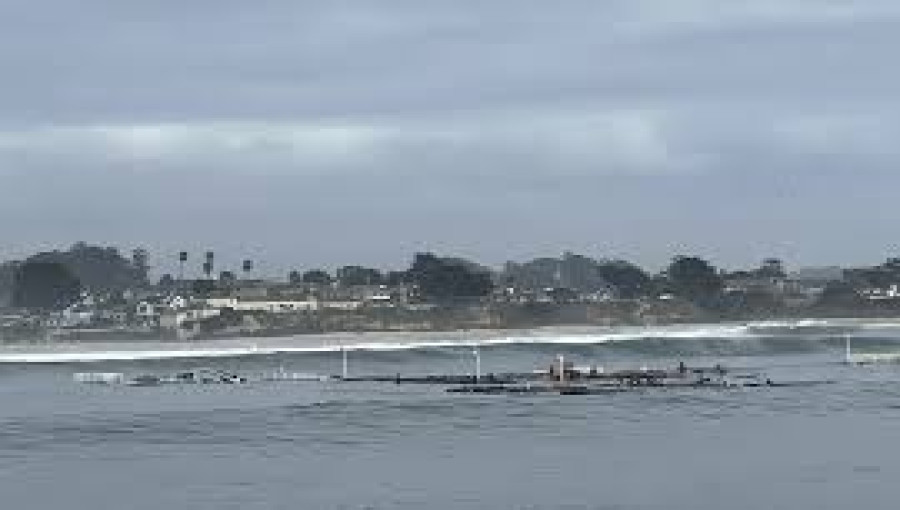



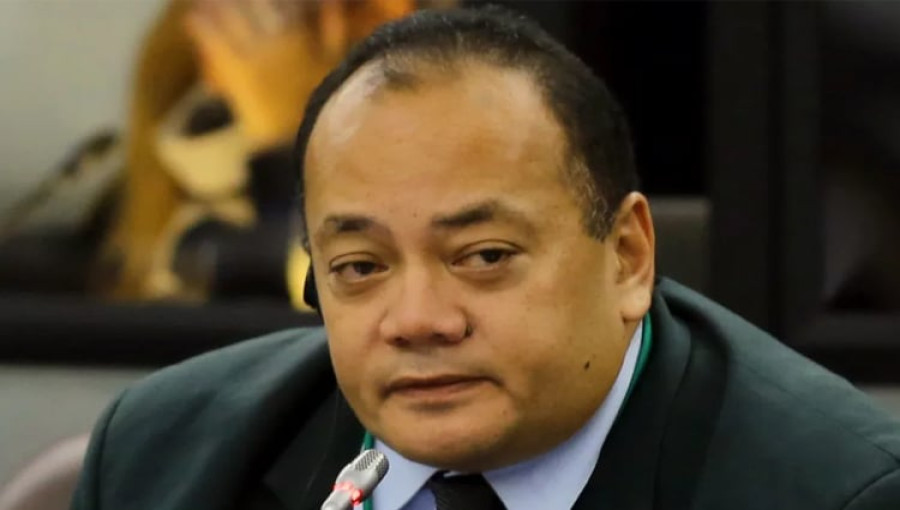
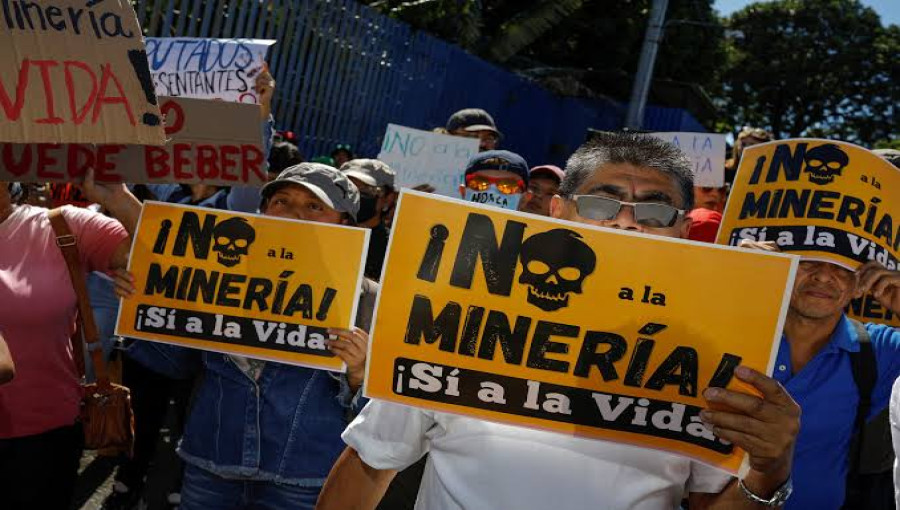
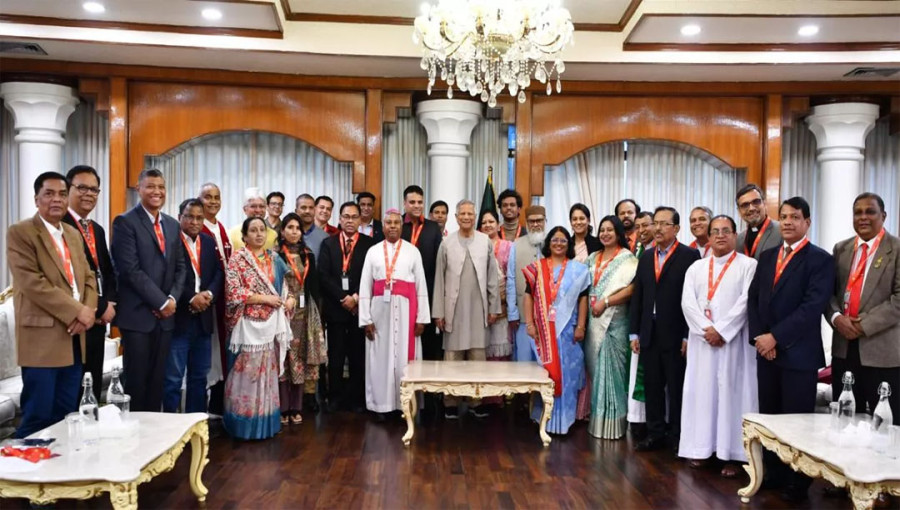
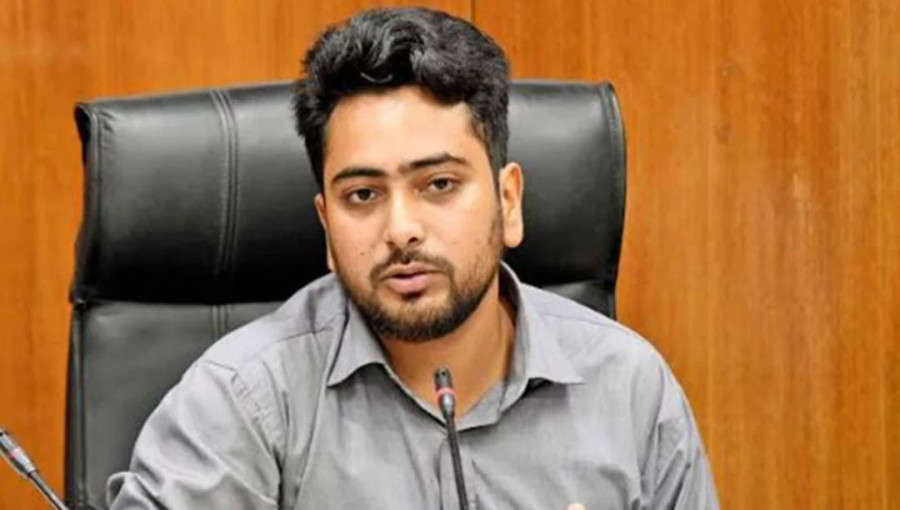
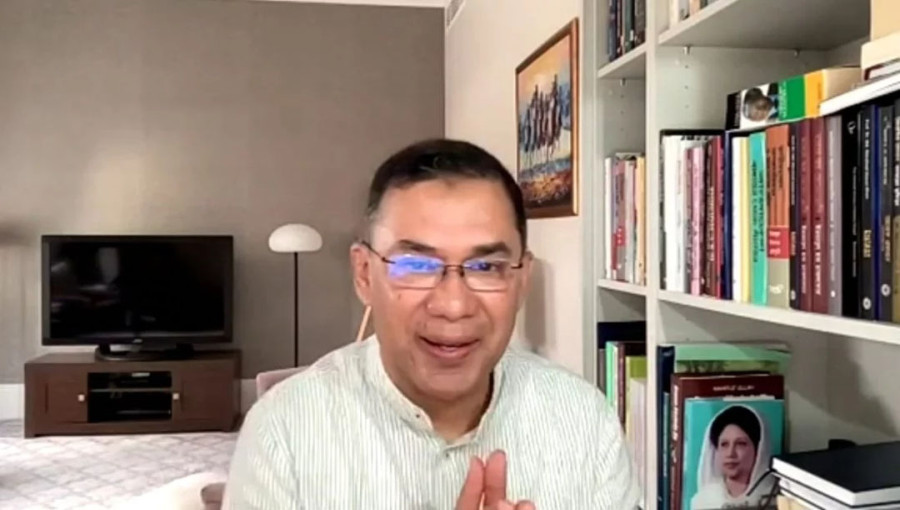
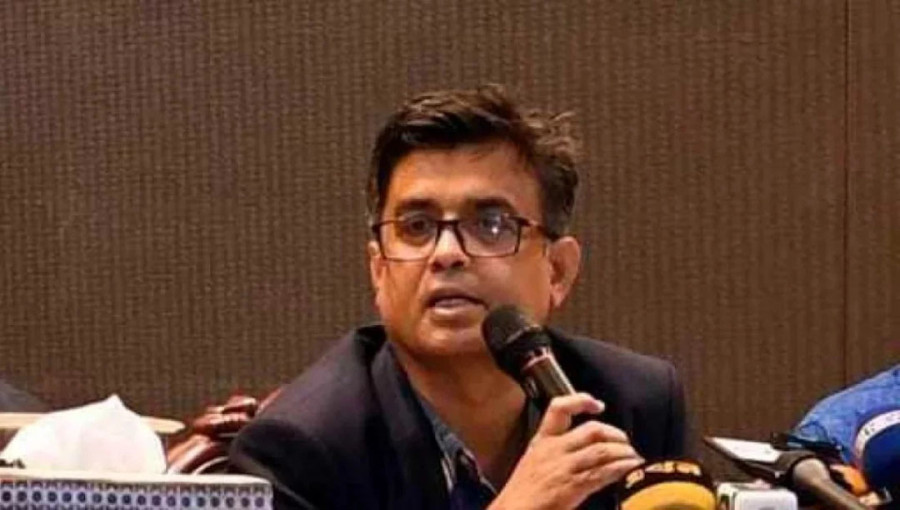

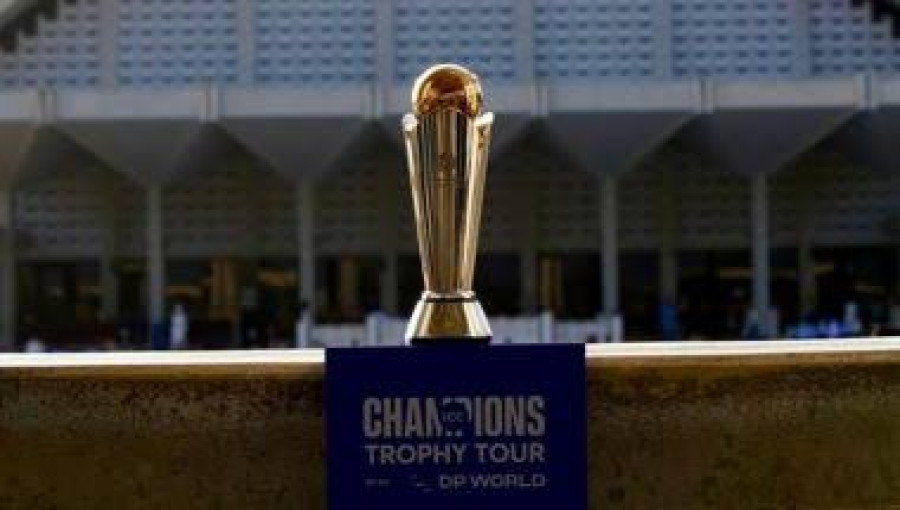
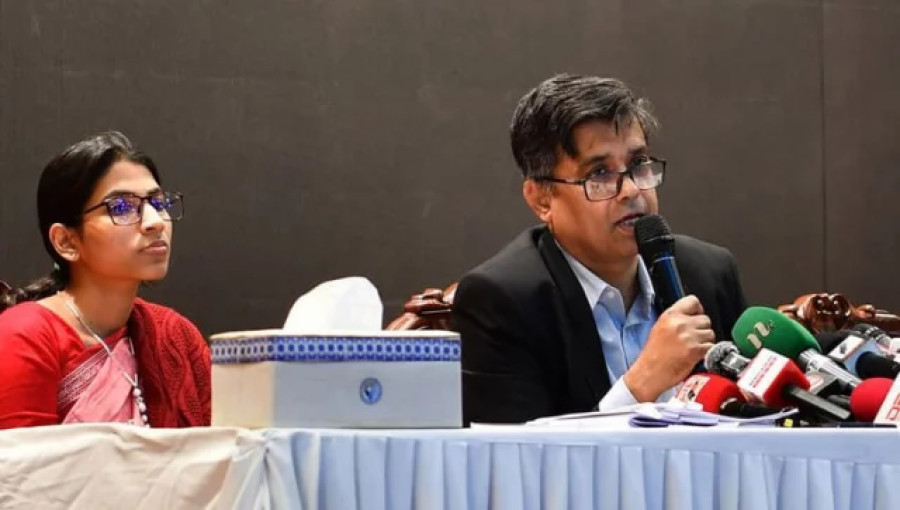
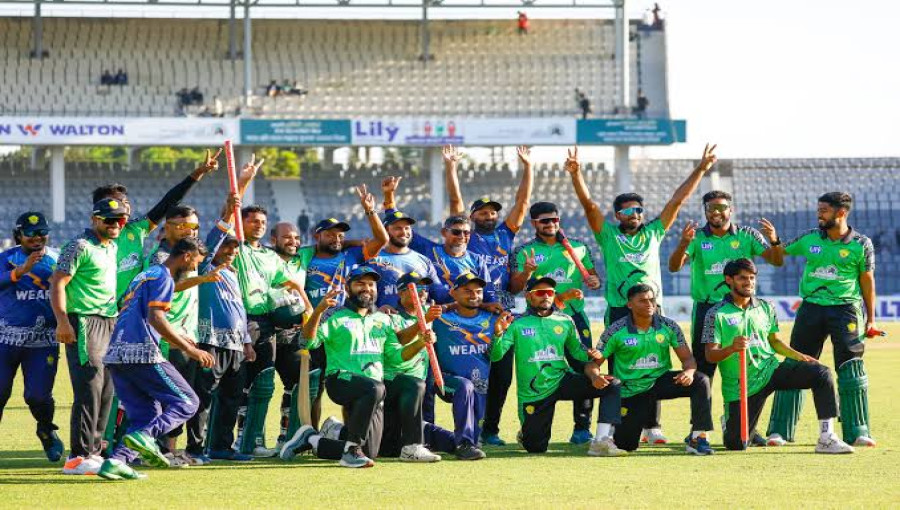
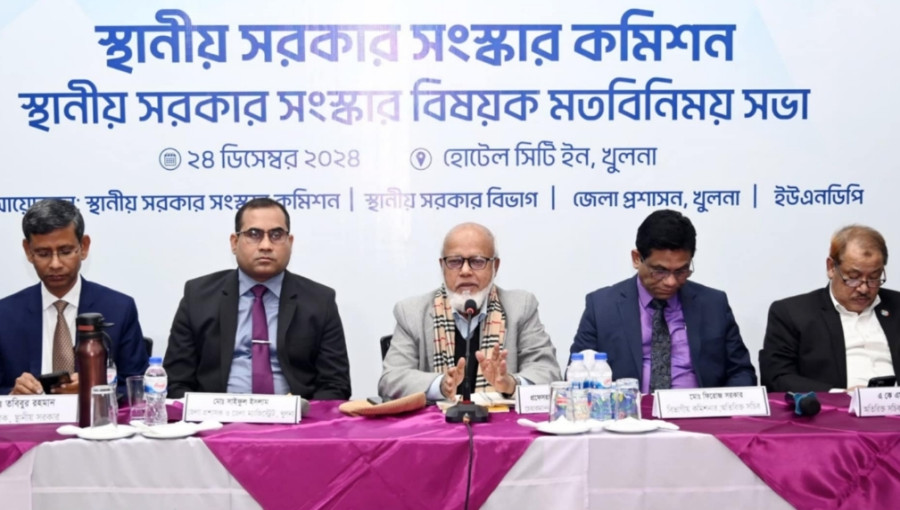
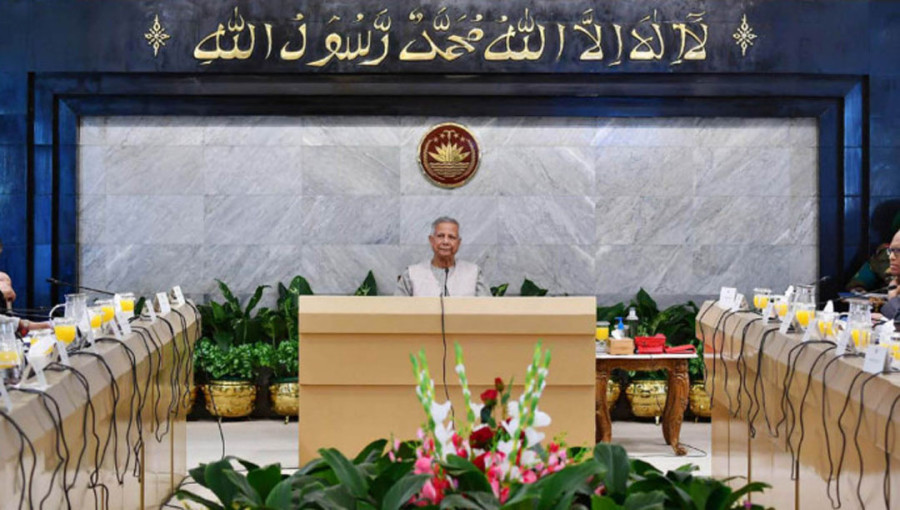

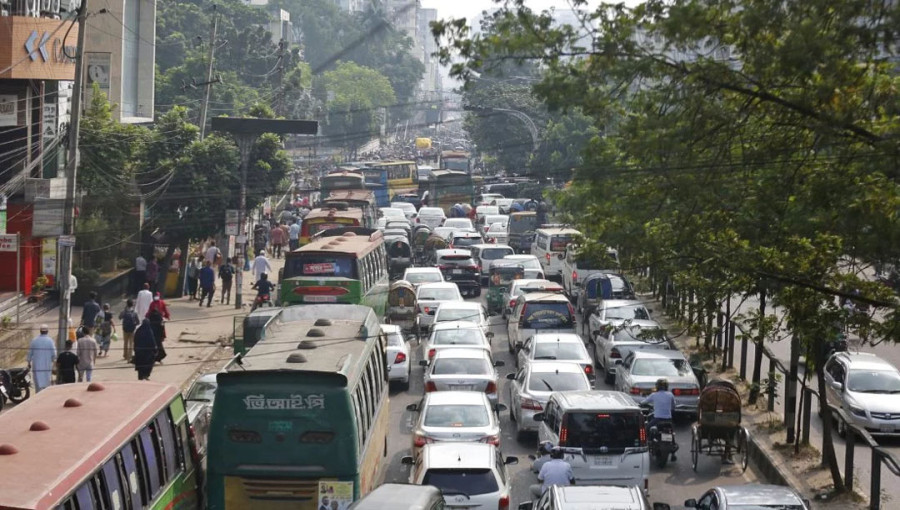
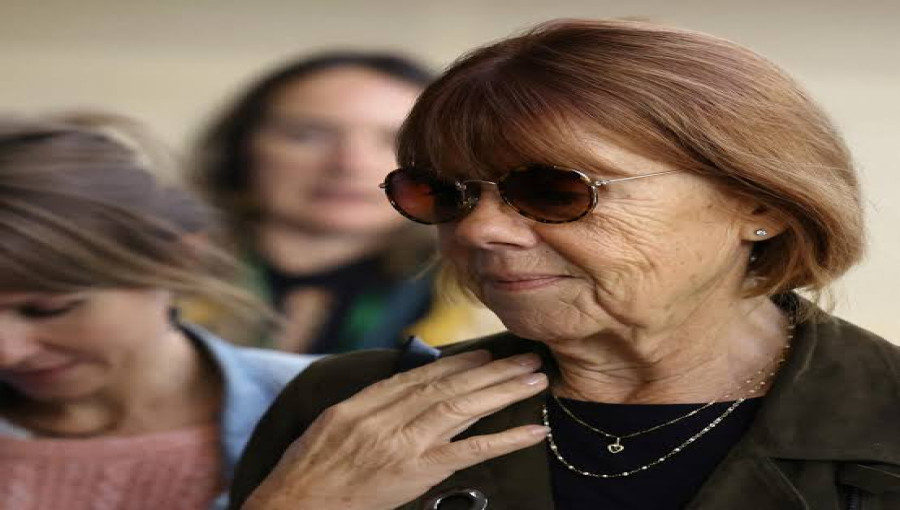
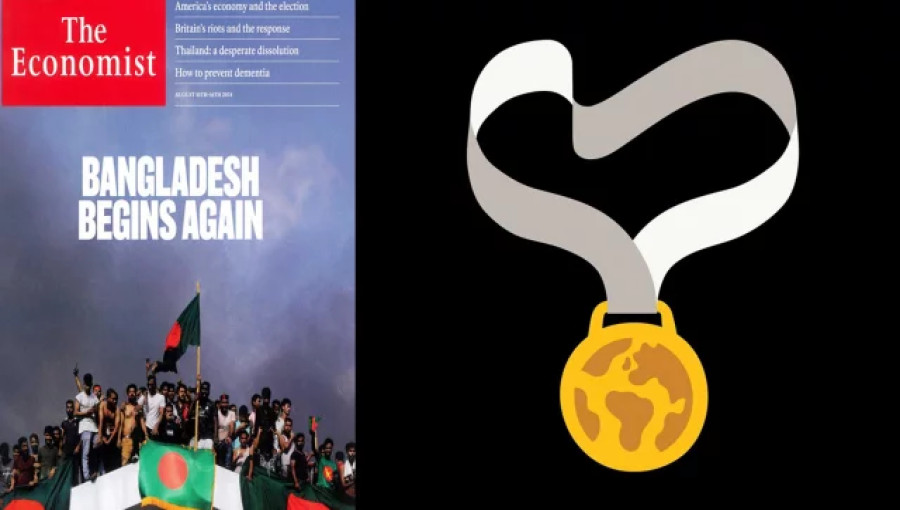



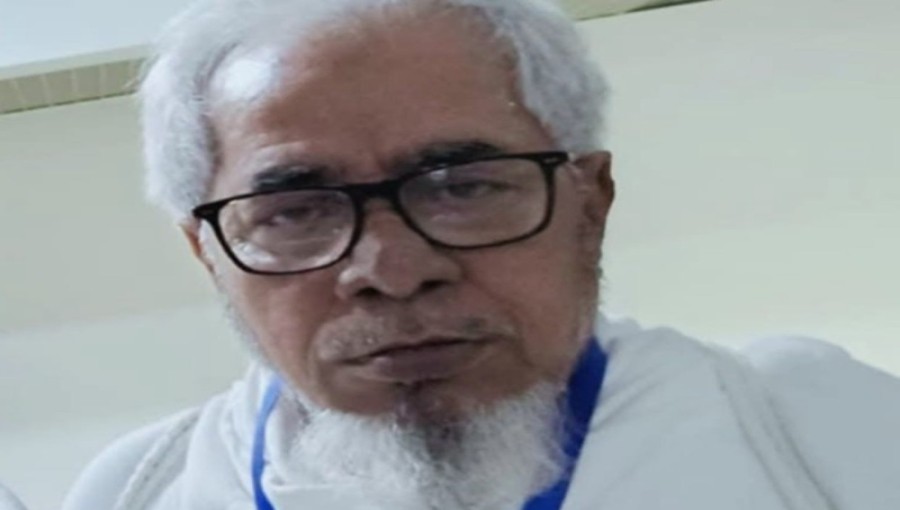
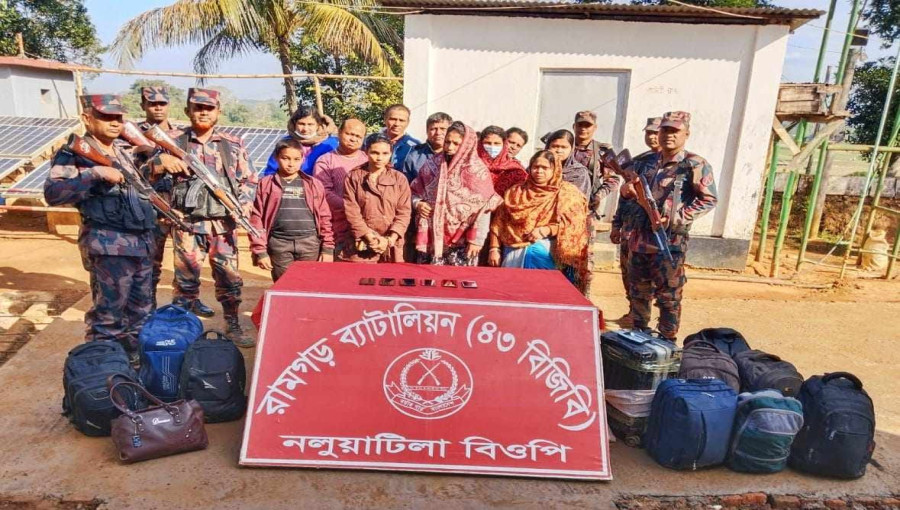
Comment: